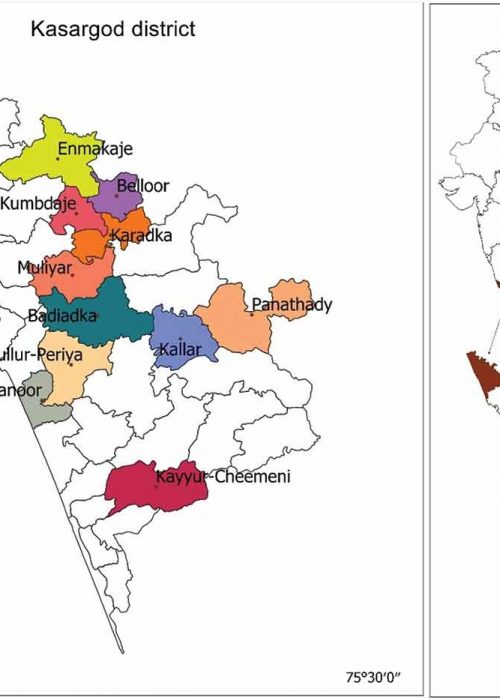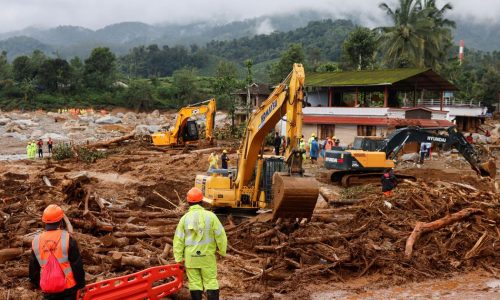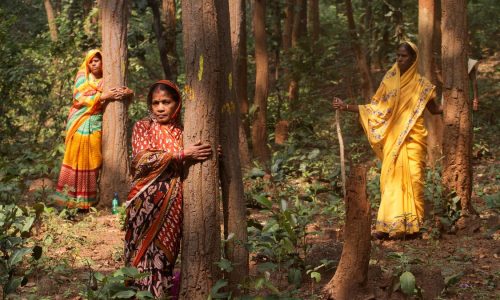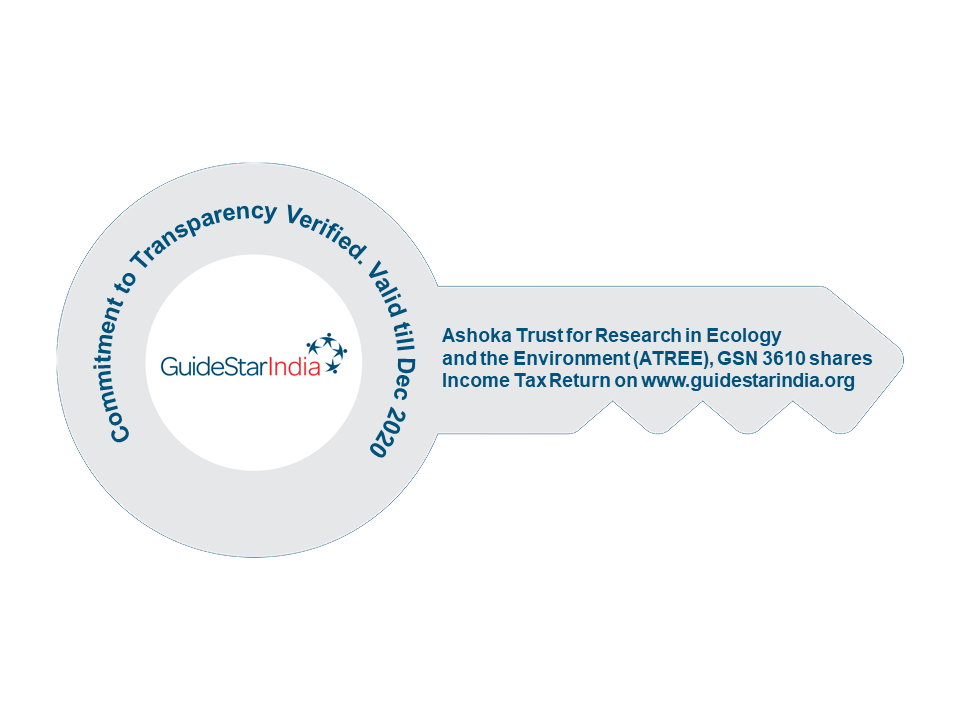R.K. Sony, Daniel Münster & Siddhartha Krishnan
Environmental Sociology | Sep 17, 2023
Scientific evidence and knowledge are central to movements for environmental justice. Cases of pesticide toxicity have often led to the emergence of controversies around the nature of evidence and its causal connection to observed pathologies. Toxic effects depend on multiple, situated socioecological conditions such as time and place, duration, and mode of administration, making quantifiable etiology tenuous. Research on toxic exposure issues has shown limitations of regulatory sciences in establishing causality and argued for bringing various ways of knowing to understand, acknowledge and act against harms due to exposure. This article draws on sociological research carried out in northern Kerala, where continued use of the insecticide endosulfan between 1977 and 2000 has had significant health impacts on farmworkers and the general population. We present the case of endosulfan poisoning as an instance of controversy over evidence and uncertainty about causality emerging from agriculture scientists’ insistence on proof of etiology that has effectively jeopardized justice for endosulfan victims. We argue that, in cases of economy-oriented production agriculture, powerful actors like agriculture scientists, governments and the pesticide industry use science as a tool to maintain uncertainty as a resource to obscure the truth, making claims about reparative policies and actions impossible.









